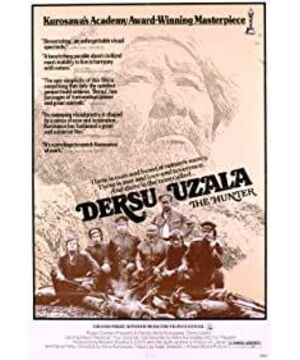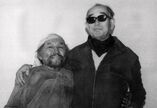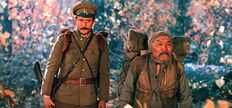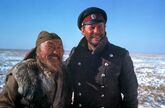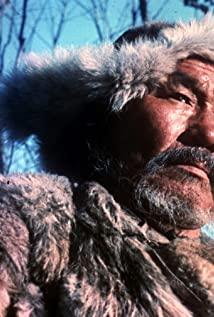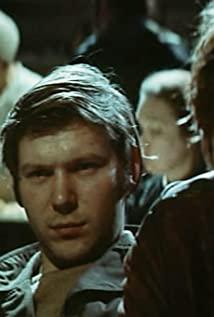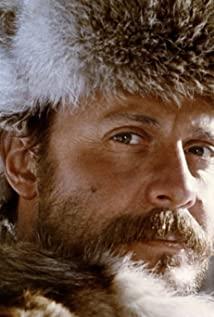Unlike the usual samurai image in Akira Kurosawa's films, the protagonist is almost not aggressive, but a kind-hearted, industrious, optimistic and traditional hunter. The portrayal of skills is slightly redundant, the characters are slightly thin, and there are no very attractive personalized details. Other characters are also slightly masked, more functional but less attractive, and the more important (Chinese) characters in the original work have been removed. (Sure enough, art still cannot be separated from politics, but is there no way to balance this kind of harm?
Although the colors and tones are dark but not oppressive, the image changes (cold and warm colors, high-key) that begin in autumn herald the change of the plot, and at the same time form a set of oppositions with the plot.
The scene is very open and varied, and there are many empty mirrors and panoramic views of the environment, emphasizing the relationship between humans and nature.
Large scenes are used to express the environment and people, and there are very few small scenes. The smallest is a close-up view of a tiger. It is indeed the moment when Del Su is farthest from nature. This sense of opposition strengthens the audience experience and increases the sense of documentary. The shaping of the relationship between the characters in the big scene mainly depends on the composition, and the closeness and focal position of the characters strengthen the empathy experience of the audience.
Long shots are used more, but unlike the fixed shots of Ozu and Hou Hsiao-hsien, they are more sporty, especially in the scene of rescuing Del Sue to the shore, the captain’s anxiety is well conveyed through the fast-moving shots. The motion shots are not hand-held shaking, but stable, and even the shots that are similar to flipping are also extremely stable, which is in line with the gentle style of the whole film. The zoom pusher does a good job of controlling what the audience "sees", but I personally don't like it.
There are fewer lines, and the dialogue and narration are combined for narration.
View more about Dersu Uzala reviews


